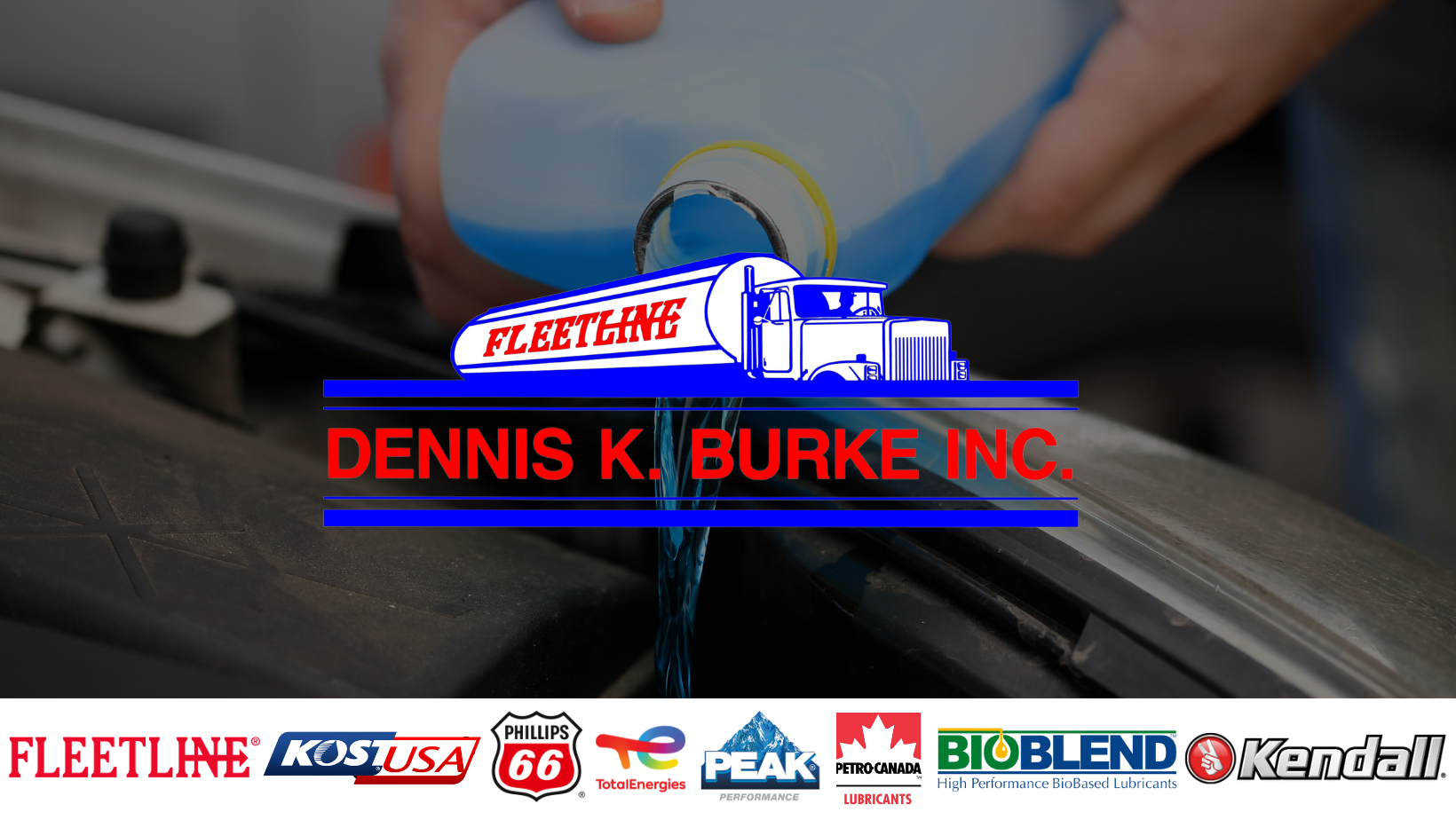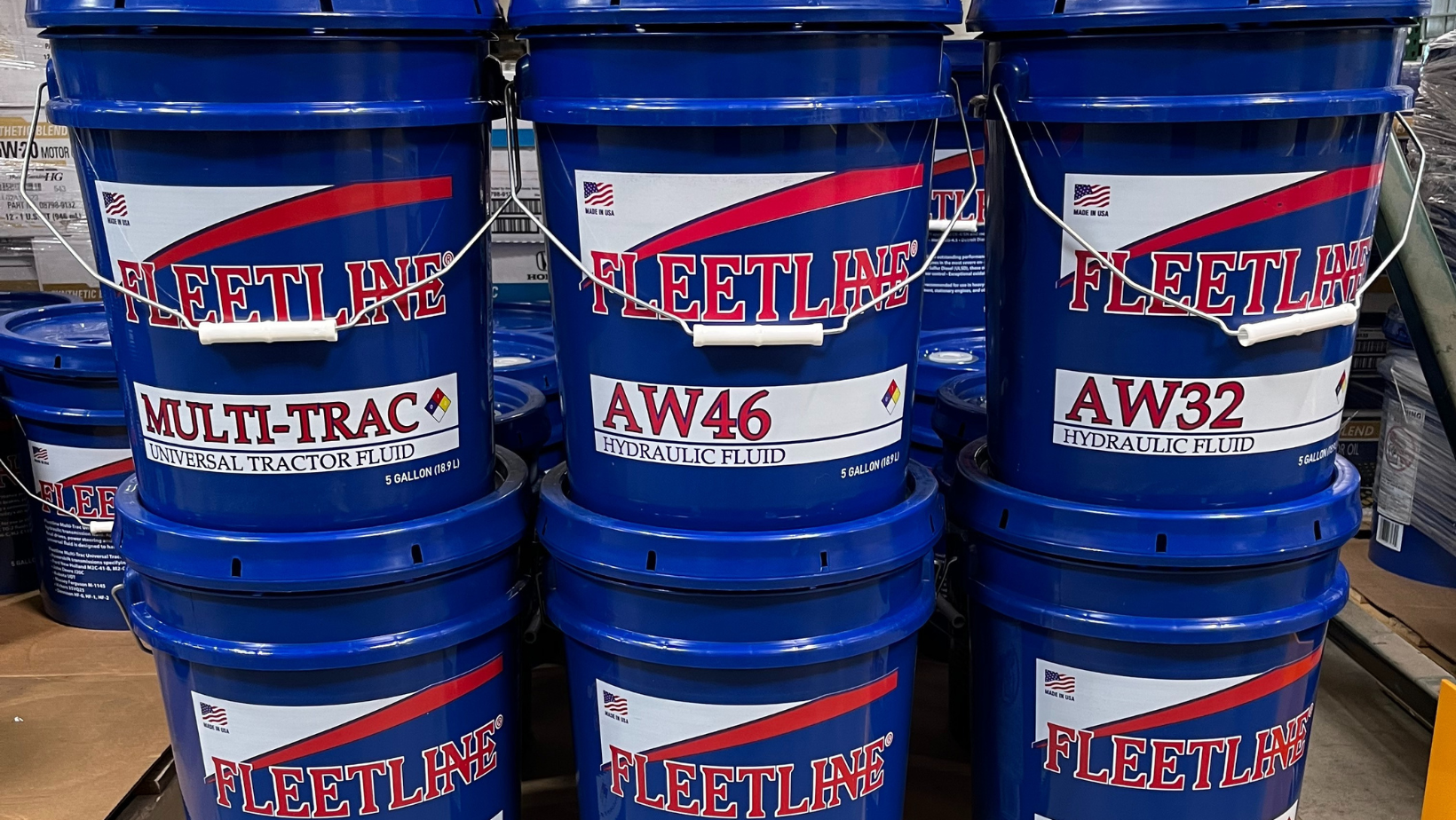Antifreeze & Coolants- Doug's Tip of the Month

Whether it is Automotive or Heavy Duty, a quality antifreeze/coolant should be used as it has several jobs to do!
- Regulate Temperatures
- An Antifreeze/Coolant is used to regulate engine temperature. Engine manufacturers specify the best temperature for the engine to run the most efficient and smooth. The antifreeze/coolant has to help achieve and maintain the specified temperatures.
- Prevent Freeze ups
- Prevent Boil overs
- An Antifreeze/Coolant is used to regulate engine temperature. Engine manufacturers specify the best temperature for the engine to run the most efficient and smooth. The antifreeze/coolant has to help achieve and maintain the specified temperatures.
- Prevent Corrosion
- Lubricate Water Pumps
- Prevent Rust
When choosing the proper antifreeze/coolant you should consider:
- OEM requirements & recommendations
- Color
- Red, Green, Yellow, Purple, Pink, etc.
- Additives that should or should not be in the mixture for specific applications.
- Phosphates or phosphate free
- Nitrites or nitrite free
- 2-EHA (2-Ethylhexanoic acid)
- OAT – Organic Acid Technology
- HOAT – Hybrid Organic Acid Technology
- NOAT – Non-Organic Acid Technology
- Color
- Environment – sometimes a more environmentally friendly coolant is need like a Propylene glycol vs an ethylene glycol.
- Climate – extreme cold conditions may require a different type of coolant to better prevent freeze ups.
- Concentration of the mixture of glycol and water should be a consideration, 50/50, 60/40 or even 70/30 are common mixture ratios.
Coolant will need to be changed according to OEM recommendations and requirements and type of coolants used.
- Automotive applications typical change
- Every 2 to 5 years or 30,000 to 60,000 miles
- Heavy Duty applications typical change
- Every 5 years or 1500 hours or 500,000 miles. Some ELC (Extended Life Coolants) can go up to 1,000,000 miles!
Please reach out to your Sales Representative or myself, Doug Vrooman, Senior Technical Advisor, with any questions you may have!

.png)
